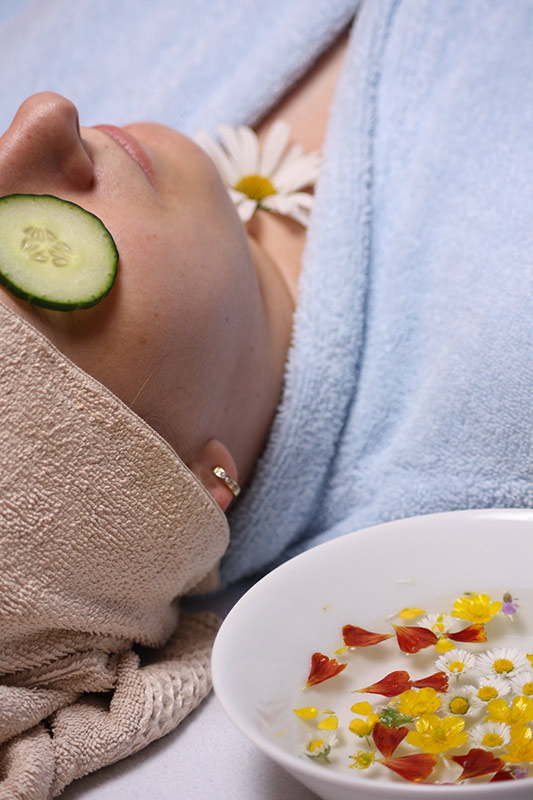As a form of skincare treatment, the ancient art of Chinese cupping is proving to show some tremendous benefits. Built from traditions in East Asian medicine, cupping has arrived in North America in full force throughout the last few decades.
If you’re reading this and if you’re anything like us, you value the appearance and feel of your skin. As we age and/or encounter certain conditions, understandably, our skin changes. Some common issues with skin includes the development of fine lines and wrinkles as well as acne breakouts. These sorts of skin conditions can be successfully treated, in most cases, with cupping therapy.
Cupping is oftentimes used sort of medicine for colds, fevers, and muscle aches. You’ll find Olympic athletes using cupping to help relieve stress in their muscles and promote circulation. There’s a lot of Instagrammers and celebrities who also use cupping for everything from chronic pain management tool to skin care. How cupping works is that one takes silicone cups and strategically places them on the body. A practitioner then finds a way to create suction, gently lifting the muscle away from the muscle which is the precise opposite of what happens with a massage. The suction’s maintained for a few minutes and then, you’re done!
Now, as it applies to the face, suctioning the face might seem a little strange but it’s done very gently and works similarly to a facial massage. Following treatment, you’ll notice increased circulation and heat contained in the face having dissipated. If you carry a lot of stress in your facial muscles, cupping can get those muscles to relax. If you have any skin conditions such as acne, ongoing cupping sessions done over time can even out complexion while taking care of some of the symptoms. There’s much evidence in the scientific community showing cupping’s effective as a form of acne treatment and other skin conditions such as herpes.
Another skin condition cupping may be effective for is eczema. That said, a sufferer of eczema will know the skin can be very sensitive. In these cases, the pressure from cupping can irritate and possibly cause a flare-up. In more severe cases, for this reason, it should be avoided. Cupping should also be avoided for anyone suffering from psoriasis as it can cause new lesions.
We recommend consulting with a local cupping practitioner or doing your research before committing to cupping therapy to treat any one skin condition. If you don’t have any condition to contend with and you just want clean, clear, and youthful-looking skin, cupping’s an easy solution. Ultimately, the best advice we can give is to try it for yourself to see how it affects your skin. Buy all the cupping supplies in Canada you need today from Lierre.ca today to get started!

